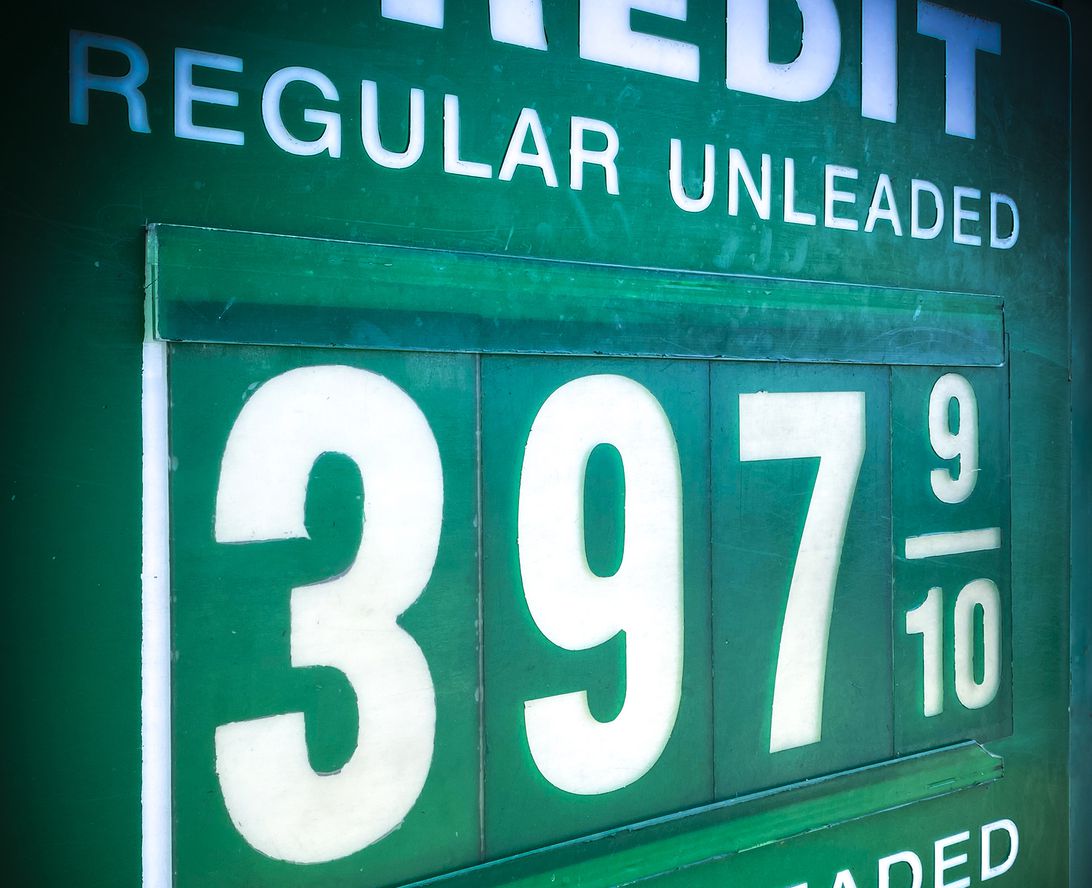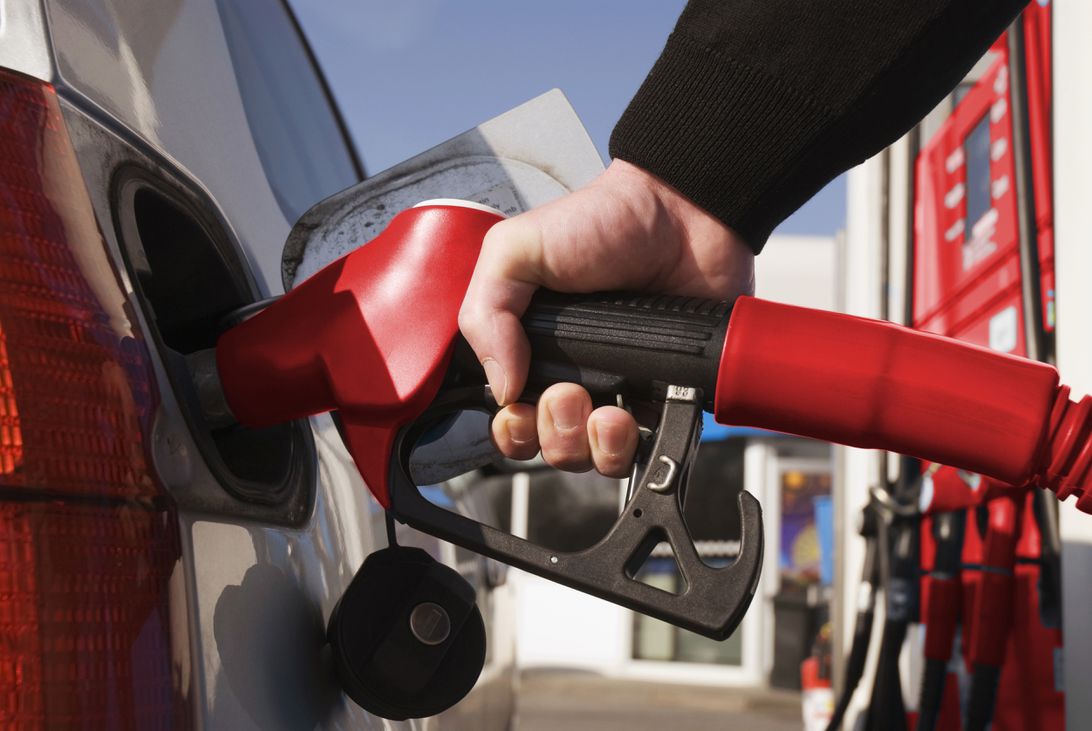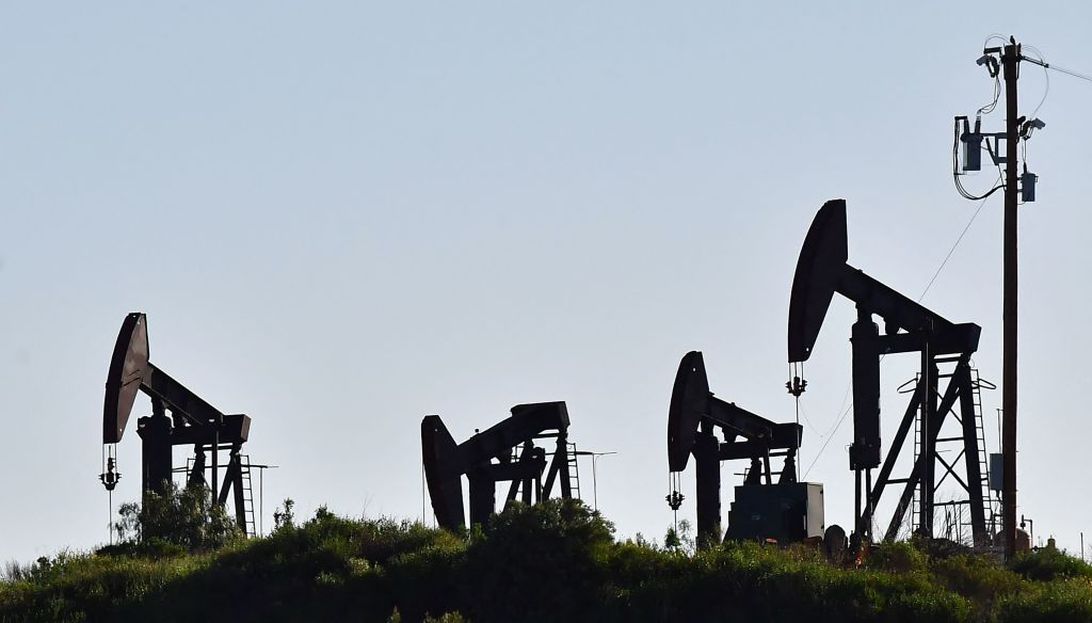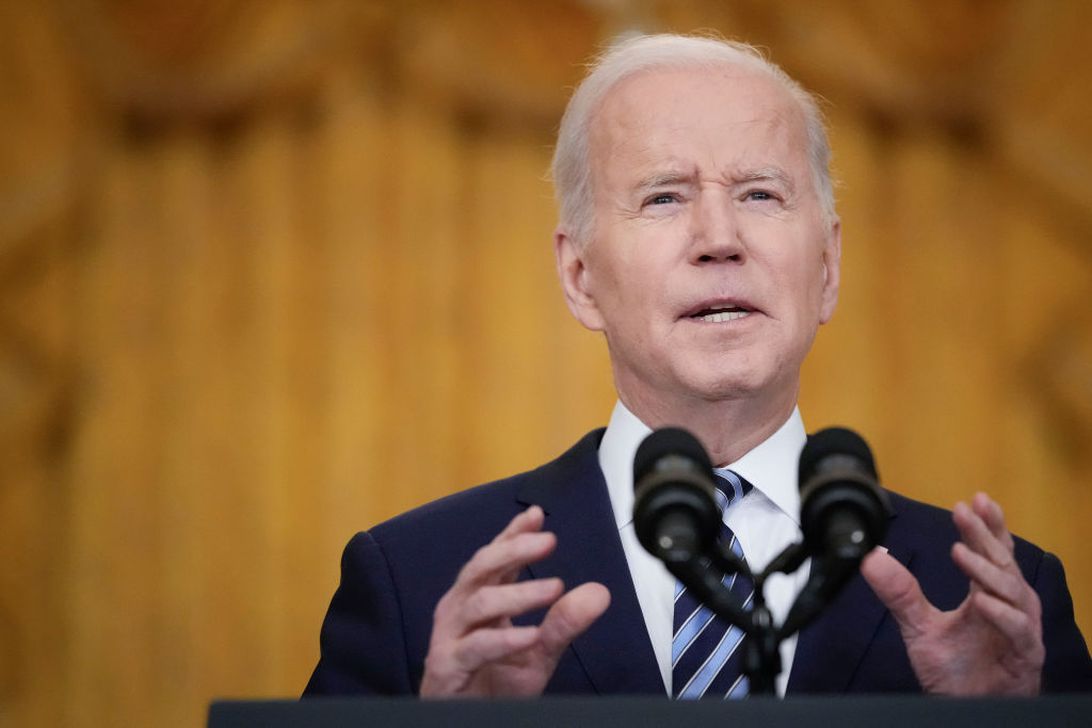
MCCAIG
As Russia’s invasion of Ukraine continues, gas prices across the US keep rising. On Thursday morning, the national average was $3.54 a gallon, according to AAA, and by Saturday it had reached $3.60. In comparison, the average US gas price was about $2.65 one year ago.
The national average could easily click past $4 a gallon by mid-March, Tom Kloza, an energy analyst for the Oil Price Information Service, told CNN on Thursday. Kloza also predicted that the record for US average gas price — $4.11 a gallon in 2008 — would be broken sometime in spring.
The rising cost of crude oil has some experts considering even higher gas prices. On Yahoo Finance Live, Energy World founder Dan Decker warned: “My guess is that you are going to see $5 a gallon at any triple-digit [oil prices] … as soon as you get to $100. And you might get to $6.50 or $7.”
In California, prices on Saturday averaged $4.81 a gallon, up 4 cents from Thursday. Gas prices have also passed the $4 mark in Oregon and Nevada.
On Thursday, crude oil — which is refined to make gasoline — reached a high of $105.79 a barrel, the first time the price rose above $100 since 2014. By Saturday, it had settled to around $92 a barrel. The spike in wholesale gas prices from higher oil costs will likely hit consumers in a matter of days, Kloza said.
Here’s what you need to know about how the Ukraine crisis is impacting gas prices, including what the US is doing to counter rising costs.
For more, find out what Russia’s invasion means for the US economy and learn about cyberattacks against Ukraine and the threats to other countries
Post Contents
How high will gas prices rise?
Brian Milne, energy editor with commodities and technology forecasting firm DTN, told MarketWatch that, should the conflict in Europe drag on and crude continue to tip past $100 a barrel, average prices at the pump could easily hike up to $4 a gallon nationwide in the next week or two.
“In a worst-case scenario, with Russian gas and oil fully sanctioned and cut from the global market, crude oil could go up to $130 a barrel, or even higher,” DTN senior market analyst Troy Vincent told CNET.

In July 2008, a strike by Brazilian oil workers and threats to the oil supply from Nigeria and Iran pushed crude oil prices to a high of $147.27, and average prices at the gas station peaked at $4.11.
If crude hit $150 a barrel in 2022, Vincent said, $6.50 or even $7 a gallon wouldn’t be out of the realm of possibility.
“At that point, though, it would trigger a global recession,” he added. “People would start limiting their activities to the bare essentials.”
Does the US get oil from Russia?

Frederic J. Brown/AFP via Getty Images
Russia, one of the world’s largest producers of crude and natural gas, provides 10% of the global supply and roughly 40% for the European Union.
While the US is the largest producer of crude oil and natural gas we’re also the largest consumer, producing over 18.6 million barrels a day while using over 20.5 million.
Last year, to make up the deficit, the US imported 8.5 million barrels of crude daily. In November, about 595,000 barrels per day, or roughly 7%, came from Russia — making it our third largest outside source after Canada and Mexico.
Sanctions against Moscow could reduce the availability of Russian crude in the US and cause prices of gasoline and petroleum products to rise.
What other factors are impacting gas prices?
While the crisis in Ukraine is having an immediate impact on oil and gas, Vincent said it’s hardly the sole factor.
“We’ve had a supply-and-demand imbalance for a while — and it will remain regardless of whether this conflict goes away,” he said.
As it has in every industry, the pandemic has caused staffing issues at refineries. And there have been outages — including a fire this week at a Marathon Petroleum plant in Louisiana. A colder winter across North America has also led to higher demand for heating oil.
“Demand for diesel has been well above pre-COVID levels for months,” Vincent added. “High US e-commerce sales have meant all those shipments needing to be delivered to homes.”
Vincent advises against hoarding gas or other extreme measures but says consumers should understand high energy prices have been a major contributor to inflation and won’t be going away immediately.
“When the cost of crude rises, prices at the pump tend to reflect it very quickly,” he said. “But gas prices tend to linger higher longer even when crude falls.”
What can the US do to stop rising gas prices?
President Joe Biden said on Tuesday he was developing a strategy to “blunt gas prices” in the face of Russian incursion.

Brendan Smialowski/AFP via Getty Images
In a televised address on Thursday, the president said he was releasing barrels from the Strategic Petroleum Reserve, a deep underground storage complex along the Gulf Coast that holds an estimated 600 million gallons of crude.
“I know this is hard and that Americans are already hurting,” Biden said. “I’ll do everything in my power to limit the pain the American people are feeling at the gas pump.”
Biden also on Thursday announced a series of severe sanctions against Russia aimed at ending the incursion, which would help return oil and gas prices to more normal levels.
On Friday, Senators Jack Reed, Sherrod Brown and eight others strongly urged the Biden administration to tap oil reserves to lower the price of gas.
However, some experts believe that opening reserves won’t have much effect on prices. In a Yahoo Finance interview, Isaac Boltansky, BTIG Director of Policy Research, noted: “We’re already at the lowest level of reserves in the Strategic Petroleum Reserve since 2002, so we’re already bumping up against constraints there, and frankly, it hasn’t had that much of an impact.”